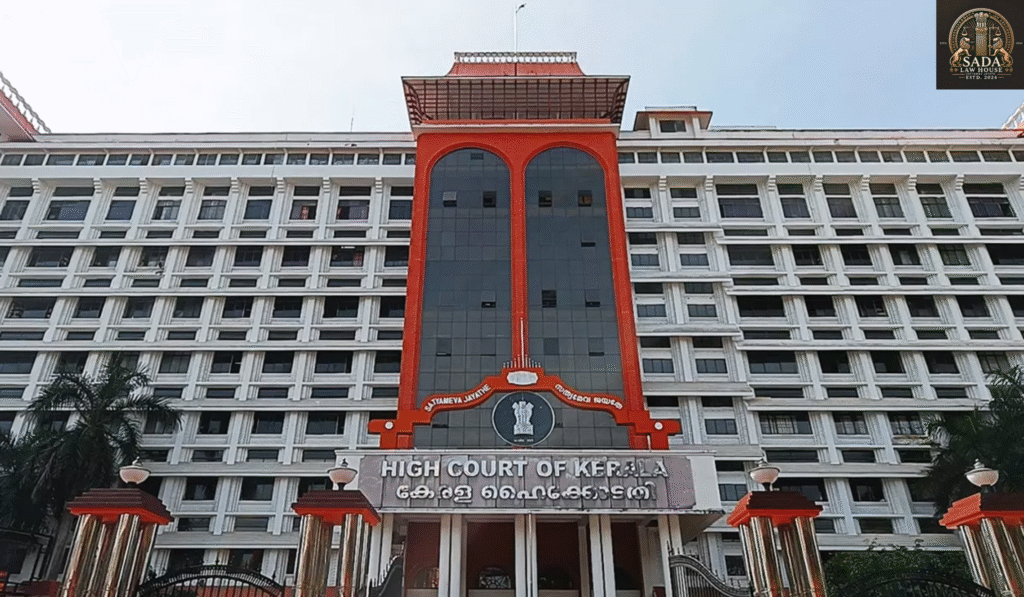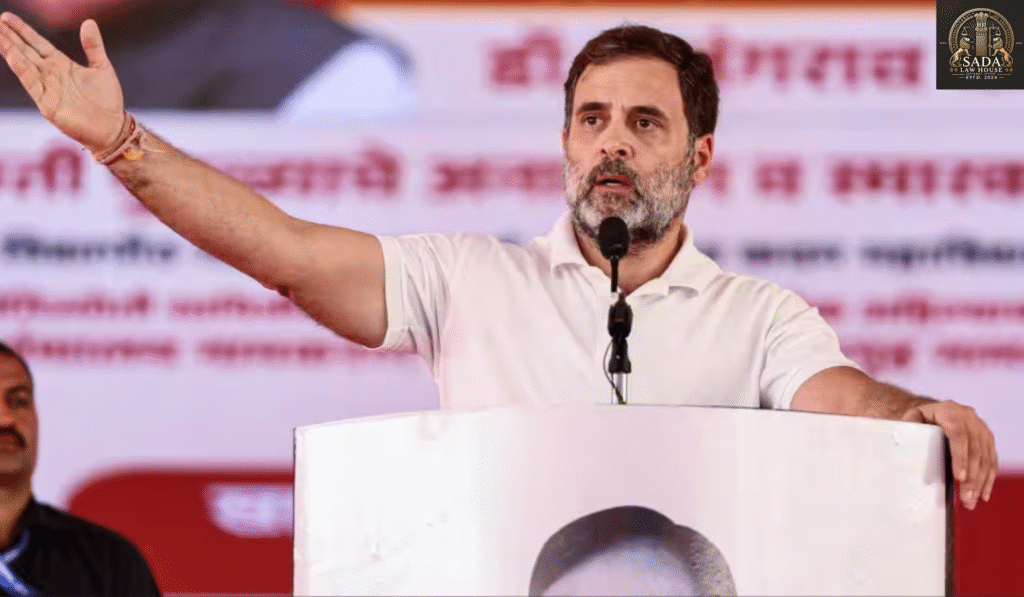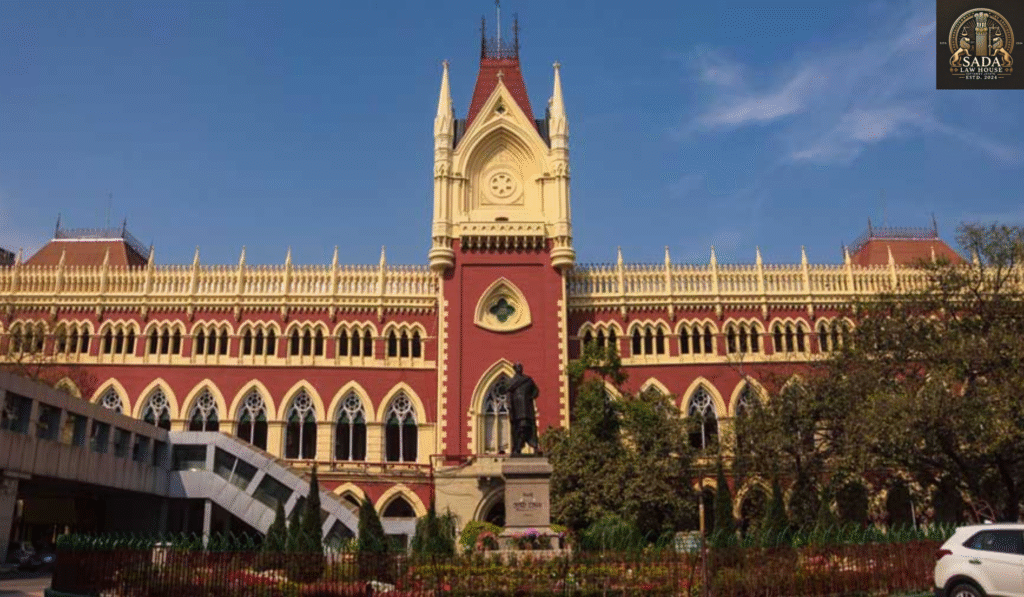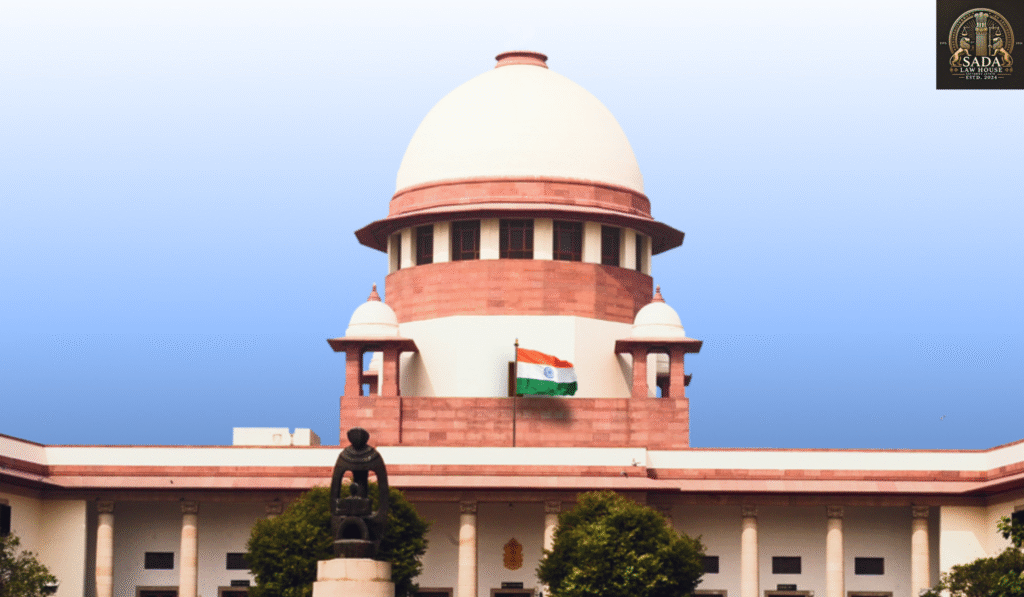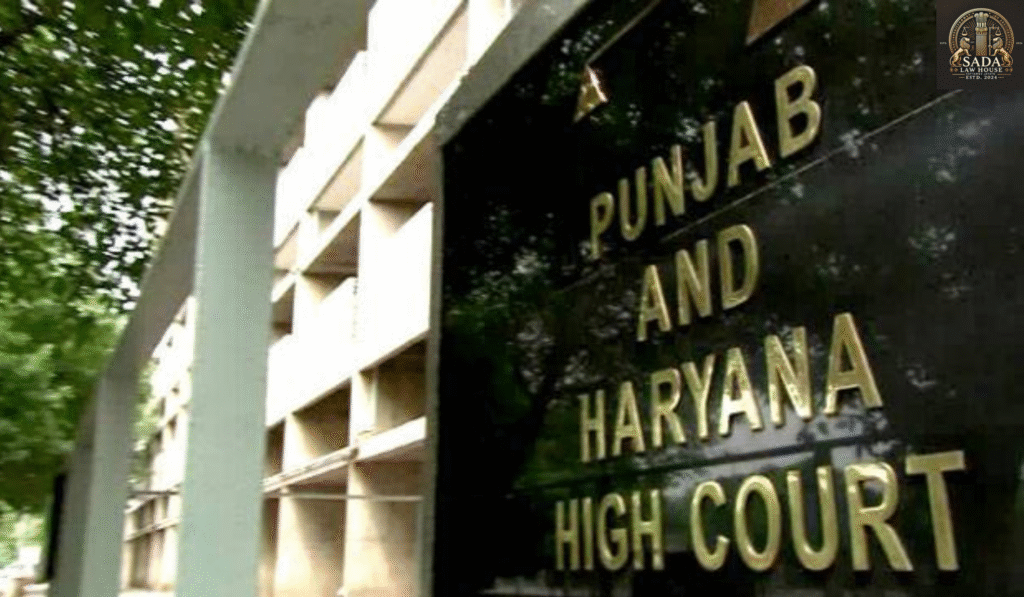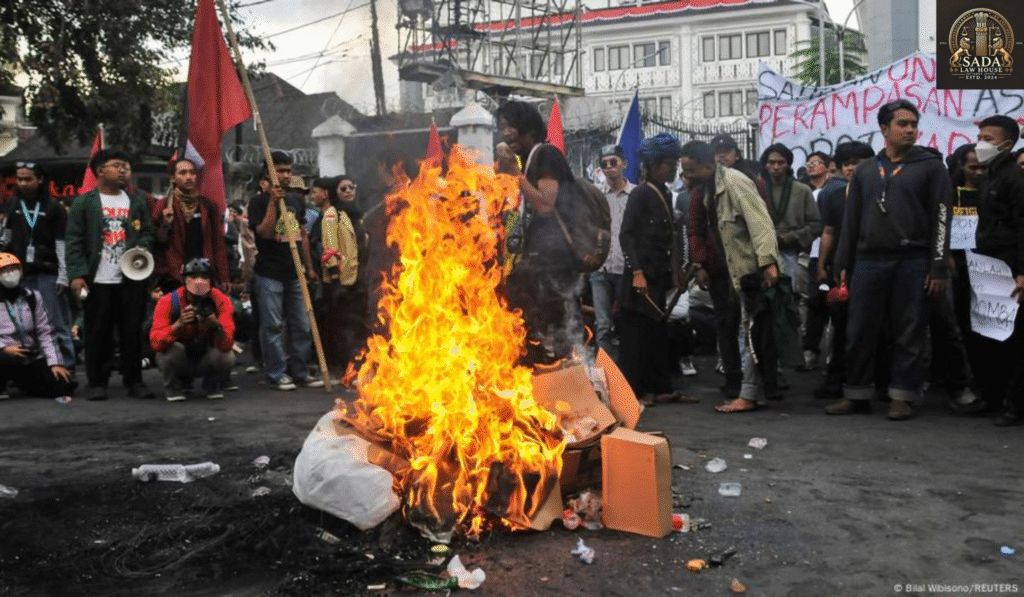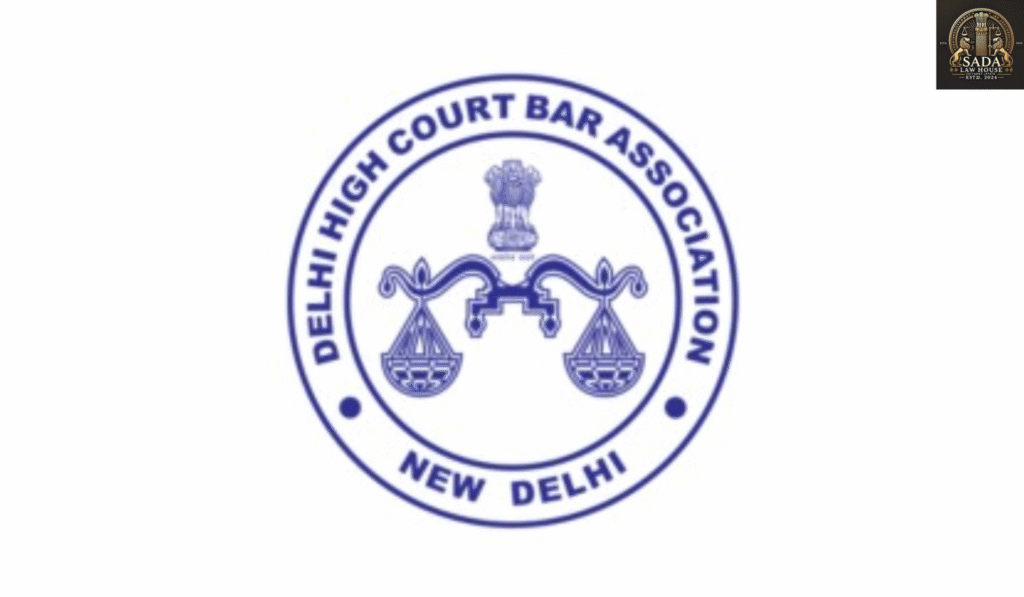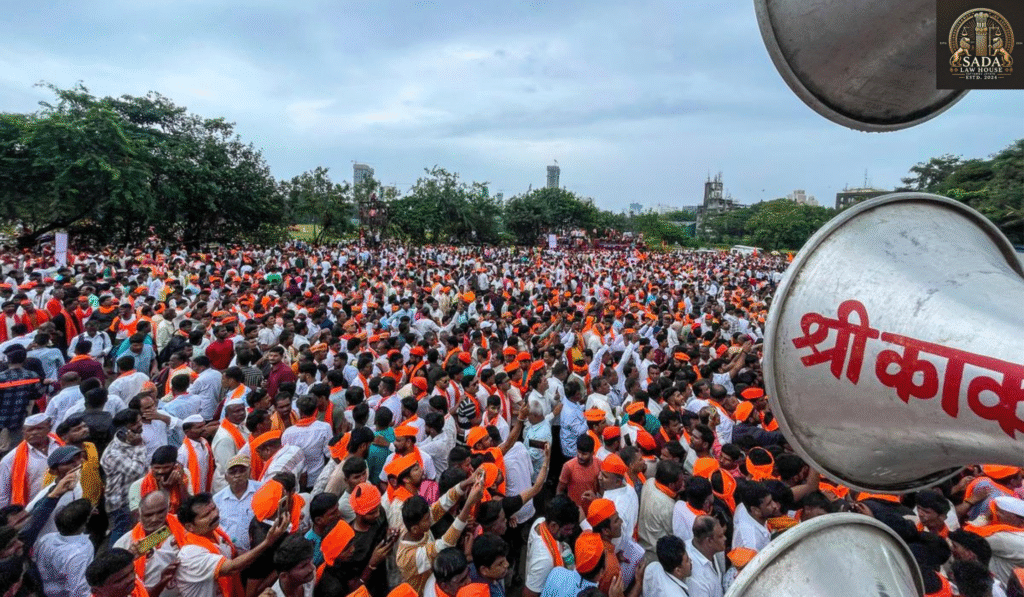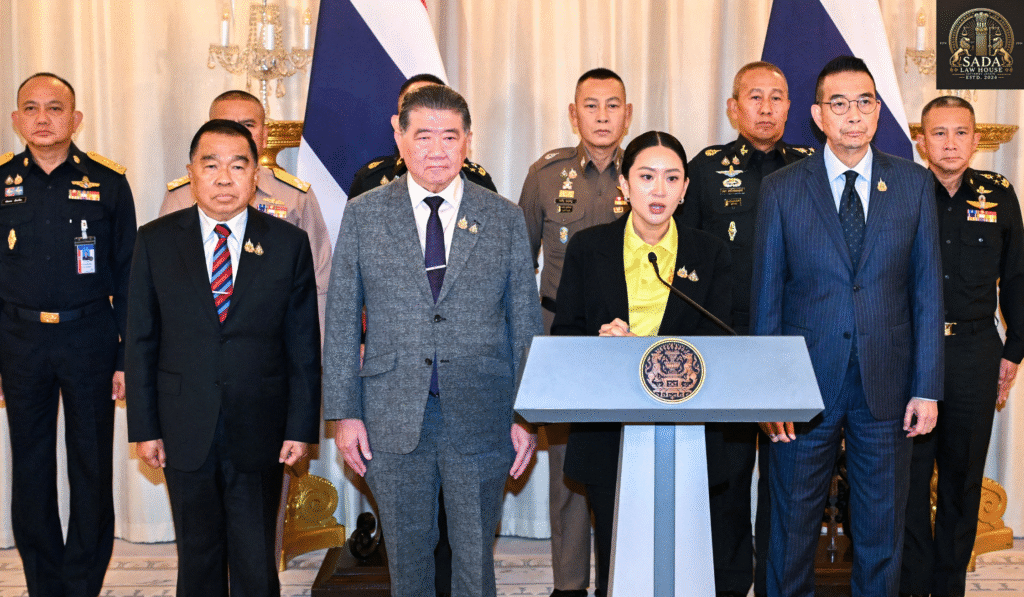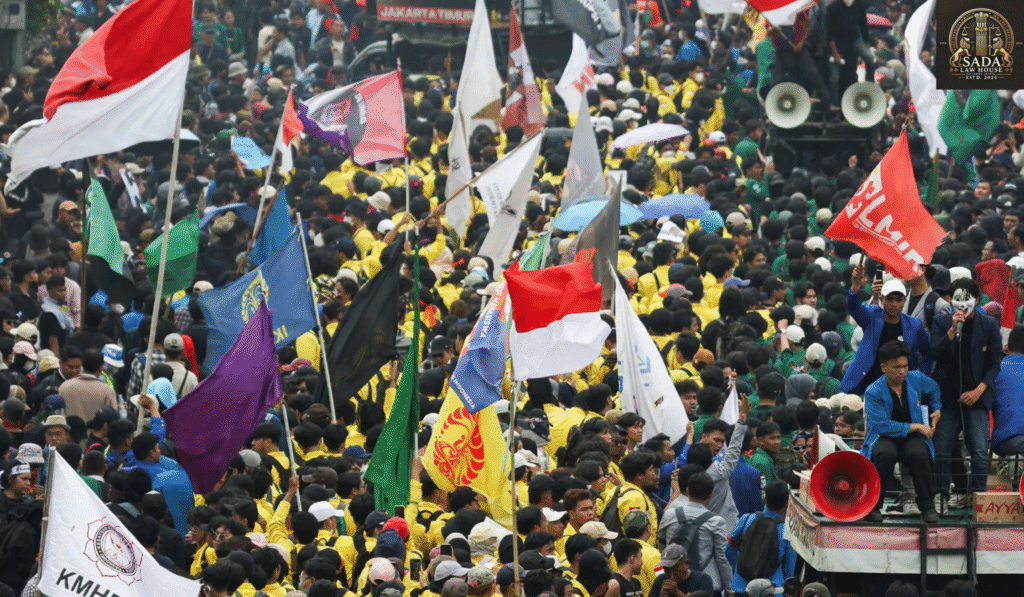Kerala High Court Seeks Clarification from Travancore Devaswom Board on Funding of Global Ayyappa Sangamam
Trending Today Kerala High Court Seeks Clarification from Travancore Devaswom Board on Funding of Global Ayyappa Sangamam Remarks About Sikhs: Allahabad High Court Reserves Verdict on Rahul Gandhi’s Plea Looking for Another Job, Even With Rival Company, is Basic Right of Employee: Calcutta High Court Presidential Reference on Governors’ Deadlines: Supreme Court Hearing (Day 7) P&H High Court Permits ED to Access Information Shared by France with IT Department in Amarinder Singh Case Indonesia’s Protests Persist as Authorities Clamp Down and Cases of Missing Persons Rise LEGAL JOB OPPORTUNITY AT PERITUM PARTNERS LEGAL INTERNSHIP OPPORTUNITY AT QWICK JUSTICE LEGAL JOB OPPORTUNITY AT AEQUITAS JURIS LAW FIRM LEGAL INTERNSHIP OPPORTUNITY AT MY DESIGNATION Kerala High Court Seeks Clarification from Travancore Devaswom Board on Funding of Global Ayyappa Sangamam Kashak Agarwala September 3, 2025 Introduction The Kerala High Court has sought detailed clarification from the Travancore Devaswom Board (TDB) regarding the funding of the Global Ayyappa Sangamam, an event organized to mark the platinum jubilee of the TDB. The programme, intended to showcase Sabarimala as a universal pilgrimage centre and promote religious unity, is scheduled to be held at Pamba from September 16 to 21, 2025. A PIL filed by advocate Ajeesh Kalathil Gopi challenges the event, alleging political misuse of Lord Ayyappa’s name and violation of statutory obligations. Queries on Financial Transparency The Vacation Bench of Justice Devan Ramachandran and Justice Syam Kumar VM questioned the TDB about the event’s funding sources. The Court directed the Board to submit a detailed account of financing, including sponsorship arrangements. Observing lack of clarity, the Court stressed that the TDB must provide full information about the organisation and funding of the programme. Arguments of the Petitioner The petitioner alleged that the State and TDB were attempting to project a political programme as a religious event. He contended that such an event violates the Travancore Cochin Hindu Religious Institutions Act, 1950, which entrusts the TDB with protecting the sanctity of the Sabarimala temple. Additional concerns included: Sabarimala is already among the most visited pilgrimage centres, needing no further promotion. The event symbolizes commercialisation of sacred customs. Despite huge revenues, the temple still suffers from poor amenities such as drinking water, sanitation, and crowd management, which remain unaddressed. The ruling political party was allegedly using Lord Ayyappa’s name for political and electoral gain. Stand of the TDB and the State Counsel clarified that no State funds or TDB corpus funds would be used for the event. It was claimed the event would be entirely sponsored by corporations. Justice Ramachandran, however, raised concerns about how sponsorship funds would flow through the TDB without impacting the corpus. Senior Government Pleader S. Kannan stated that the State’s role was limited to crowd management support. Issues of Secularism and Sanctity The petitioner argued that the government had exceeded constitutional limits by allowing the ruling party to derive political mileage from a religious event. He contended that politicising the sacred name of Lord Ayyappa amounted to a breach of secular principles and undermined the temple’s sanctity as mandated under the 1950 Act. Court’s Interim Directions The High Court directed the TDB to file a comprehensive affidavit detailing: The precise nature of the programme, The sources of funding, and Its connection to the platinum jubilee celebrations. The Bench stressed the importance of transparency and compliance with statutory duties to maintain the sanctity of Sabarimala. The matter is scheduled for further hearing on September 9, 2025. Representation of Parties For the State: Senior Government Pleader S. Kannan For TDB: Advocate G. Biju For Petitioner: Advocate Ajeesh Kalathil Gopi (appearing in person) Conclusion The Kerala High Court’s scrutiny underscores the balance between religious sanctity and political influence. Its decision will clarify whether the TDB can legitimately host such an event under its statutory framework and how funding transparency must be ensured for faith-based cultural programmes. Leave a Reply Cancel Reply Logged in as Sada Law. Edit your profile. Log out? Required fields are marked * Message* Live Cases Kerala High Court Seeks Clarification from Travancore Devaswom Board on Funding of Global Ayyappa Sangamam Sada Law • September 4, 2025 • Live cases • No Comments Remarks About Sikhs: Allahabad High Court Reserves Verdict on Rahul Gandhi’s Plea Sada Law • September 4, 2025 • Live cases • No Comments Looking for Another Job, Even With Rival Company, is Basic Right of Employee: Calcutta High Court Sada Law • September 4, 2025 • Live cases • No Comments 1 2 3 … 5 Next »

